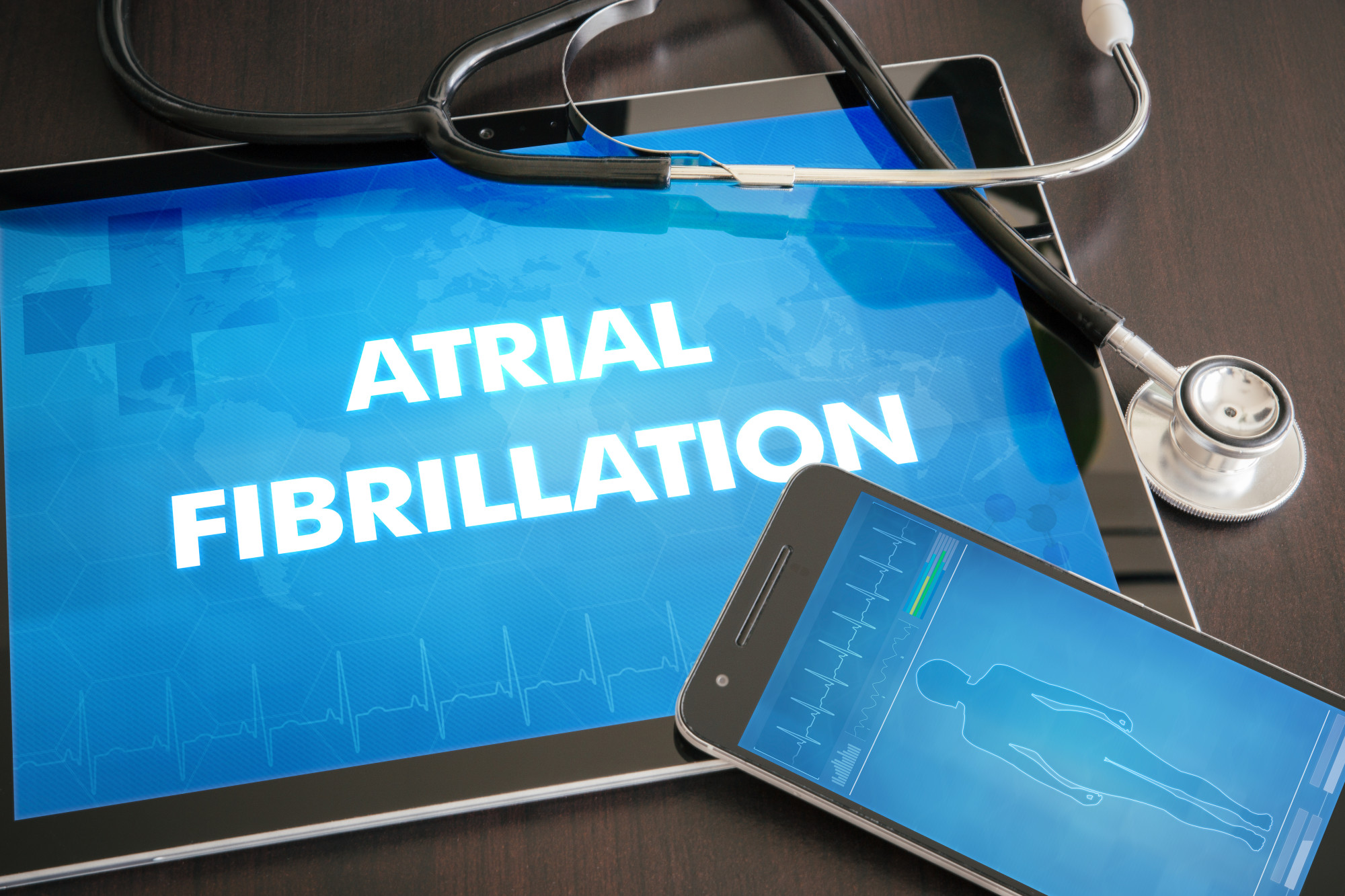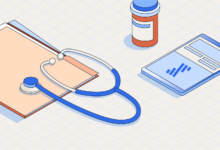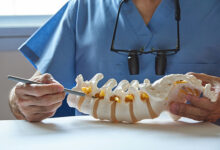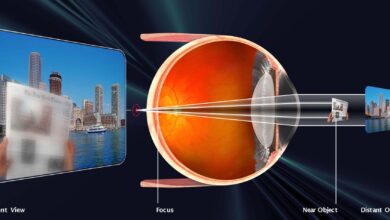
The Most Common Signs and Symptoms of Atrial Fibrillation
At least 3 to 6 million people in the United States alone have atrial fibrillation. By 2050, it is projected to reach 6 to 16 million people.
Atrial fibrillation is the leading cause of stroke worldwide, and it’s not just vital for people with atrial fibrillation to be wary of this condition.
It’s important for others to learn about the condition, too, as they can help provide support and as an emergency first responder be more prepared in case they need to help a person with atrial fibrillation.
Want to learn more about atrial fibrillation signs and symptoms? Keep reading to learn more!
Table of Contents
Heart Palpitations
There are many signs and symptoms of atrial fibrillation, but heart palpitations are the most common. Heart palpitations are when your heart feels like it is racing, fluttering, or pounding, and they can be very uncomfortable.
You need to contact your doctor when your palpitations last longer than several seconds. Also, you should not take it lightly if they are accompanied by unusual or excessive sweating, shortness of breath, loss of consciousness, and others.
Chest Pain or Discomfort
This can feel like a sharp, knife-like pain, or a dull, throbbing sensation. It may be constant or may come and go.
Sometimes, the pain may be worse when you lie down or when you exert yourself. If you have atrial fibrillation and experience chest pain, it is crucial to seek medical help immediately.
Shortness of Breath
Shortness of breath is another common symptom of atrial fibrillation and can be caused by the heart not pumping as efficiently as it should. This can lead to a buildup of fluid in the lungs, making breathing difficult.
Dizziness and Fainting
When the heart is not pumping properly as it should be, blood can pool in the atria and cause a drop in blood pressure. This can lead to lightheadedness, dizziness, and even fainting.
Exercise Intolerance
What to know about AFib and exercise intolerance? Know that people with atrial fibrillation often have difficulty exercising, and they may feel tired and short of breath after just a few minutes of activity.
As one begins to exercise, the heart may start to race. When the heart rate increases, this causes the blood pressure to drop and will makes you feel like fainting.
General Fatigue
Fatigue is a common symptom of atrial fibrillation, and it can be caused by a number of factors. The heart may not be pumping enough blood, or the blood may not be flowing properly.
Irregular heartbeats can cause the body to use up more energy, leading to fatigue.
See a Doctor When You Have Atrial Fibrillation Signs and Symptoms
Atrial fibrillation occurs when the atria, or upper chambers of the heart, contract in an erratic way. This can cause the heart to beat inefficiently and can lead to a number of symptoms, including fatigue.
If you are experiencing fatigue, shortness of breath, chest fluttering, and other atrial fibrillation signs and symptoms, it is important to see a doctor to rule out this condition.
While these symptoms can be harmless, they can also be signs of a more serious condition.
Interested in learning about other illnesses? Check out our other blog posts to learn more.








